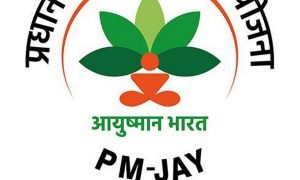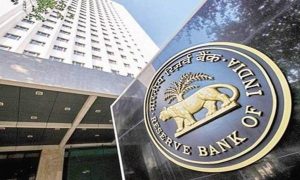Copper is now 21 per cent cheaper and steel is 19 per cent down and aluminium prices are 36 per cent lower from their April levels this year
Even as the global commodity prices are witnessing a fall now amid recession fears, the prices of fridges, ACs, microwaves and washing machines may come off soon as the companies look to pass on the benefits of falling input costs. The companies recently raised prices on various products due to the increase in their input costs on costlier raw material.
After touching peaks this year following the Russia-Ukraine war, copper is now 21 per cent cheaper and steel is 19 per cent down and aluminium prices are 36 per cent lower from their April levels this year, according to a recent report by brokerage firm ICICI Securities. The fall in commodity prices will also increase margins for companies. The development will also help control overall inflation.
Read More: Indian Railways to come out with tender for 200 fourth-generation Vande Bharat trains by August
“With a correction in input prices, the need to raise prices has declined. We believe a breather was essential considering durable companies have raised prices incessantly in the past two years. The cumulative price hike was higher than 20 per cent in the past two years,” ICICI Securities added.
It also said the increased margins will push the manufacturers of ACs, refrigerators, microwaves and washing machines to raise their advertising efforts and offer better discounts to the customer. The case for the customer strengthens as these developments come in the second half of the year, with the festive season just a few months away.
“We do not model durable companies to pocket all the benefits and expect them to invest gains,” the ICICI report added.
After the Russia-Ukraine war started at the end of February, the global economy continues to grapple with multi-decadal high inflation and slowing growth, persisting geopolitical tensions and sanctions, and elevated prices of crude oil and other commodities. However, now, the prices of crude oil and other commodities has started witnessing easing.
Read More: Cooking Oil to Get Cheaper as Govt Asks Companies to Cut MRPs by Rs 10/Litre Within a Week
According to the Monetary Policy Committee’s minutes of the June 2022 meeting, “The tense global geopolitical situation and the consequent elevated commodity prices impart considerable uncertainty to the domestic inflation outlook. The restrictions on wheat exports should improve the domestic supplies but the shortfall in the rabi production due to the heat wave could be an offsetting risk. The forecast of a normal south-west monsoon augurs well for the kharif agricultural production and the food price outlook.”
It added that while prices of a few commodities – such as metals and fertilisers – have seen some softening, most food and all energy prices remain elevated.
The retail inflation in India stood at 7.04 per cent in May, the latest data available so far. Although the 7.04 per cent inflation rate is lower than the 7.79 per cent recorded in April, it is still beyond the RBI’s comfort range of 2-6 per cent.
To rein in inflation, the Reserve Bank of India (RBI) in early June raised the key repo rate by 50 basis points (bps). It was the second hike in almost a month after the RBI’s Monetary Policy Committee increased 40 basis points in an off-cycle policy review in early May.





































